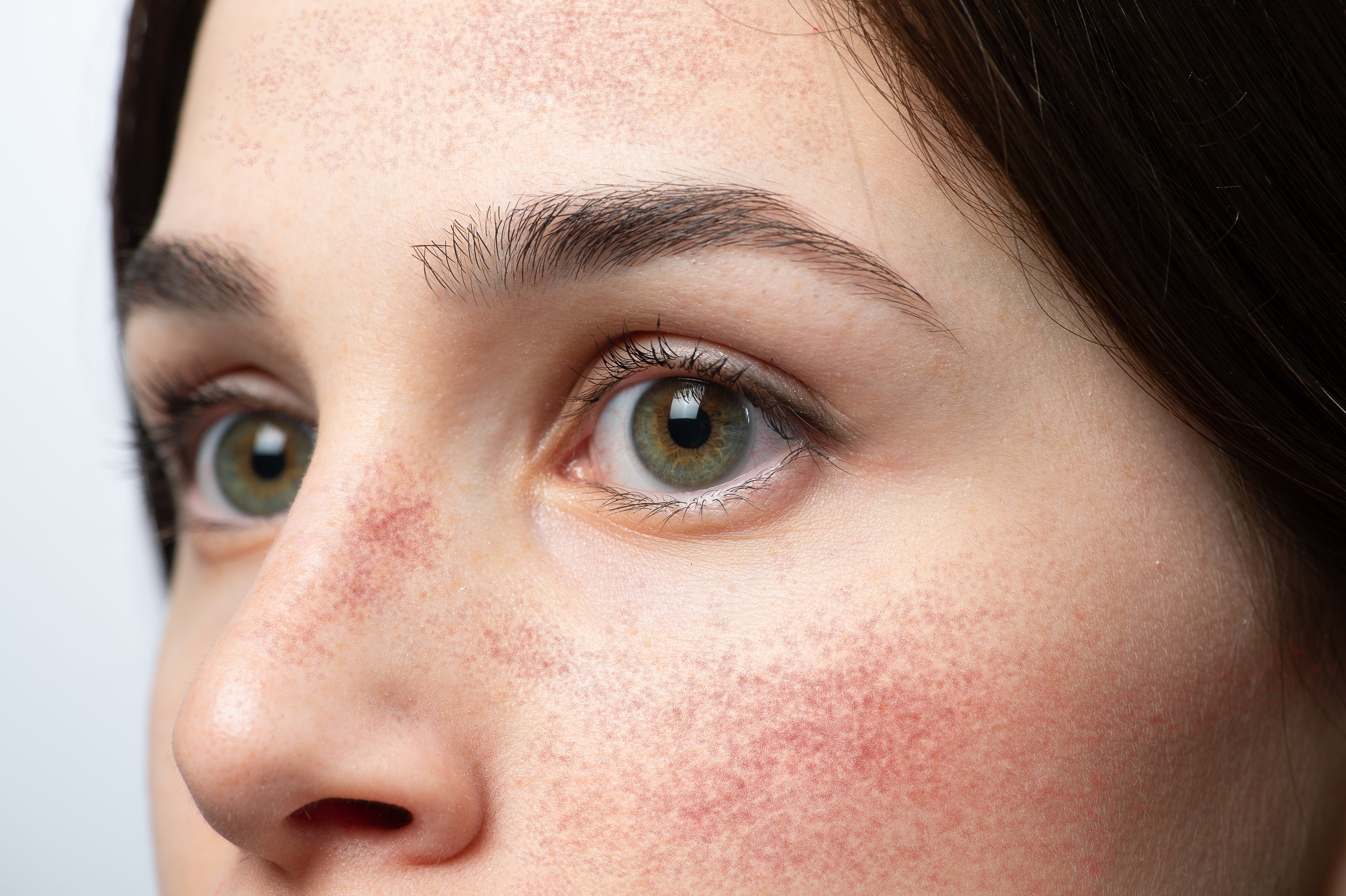
Ask the Derm: Rosacea
Lucia Ferrari sits down with Dr. Veraitch to ask some key questions on the common skin condition, rosacea:
What is rosacea?
Rosacea is an inflammatory skin condition, and it is very common but often mis-diagnosed. It is a flushing or redness on the skin, which can be accompanied with a rash, spots or red vein marks on the skin. It mainly affects the cheeks, chin, nose and forehead, but it can also affect the eyes (ocular rosacea), which causes redness, burning and swollen eyelids. We don’t fully yet understand the exact cause of rosacea, but we do know there is an association with the demodex mite, which is why I have included the anti-parasite medication Ivermectin (which specifically targets the demodex mite) in my Rosacea Day Serum.
What do I do if I have rosacea?
Your first port of call should be to visit a dermatologist. It’s important to establish if you need medication, topical treatments or light/ laser based treatments or combination of these.
Will I have to take antibiotics?
Antibiotics can be helpful if rosacea is inflammatory (i.e. if there are spots). Oral antibiotics such as Lymeycline can be given usually in a 3-month course, sometimes longer. Topical antibiotics such as metronidazole can be helpful too. Some people with severe rosacea need courses of isotretinoin to control the inflammation. It is very important to treat inflammation before using any laser based treatments to ‘tidy’ up the appearance of the skin.
What about my rosacea specific skincare routine?
Less is definitely more when it comes to rosacea. I’d always suggest going fragrance free as rosacea patients often have skin sensitivities or allergies. I’d recommend as a ‘gold-standard’ rosacea skincare regimen:
Morning:
Gentle cleansing e.g. Skinceuticals Gentle Cleanser or CeraVe Gentle Cleanser
Dr Ophelia Rosacea Day Cream (with ivermectin and Vitamin E)
SPF30-50 depending on season
Evening:
Gentle cleansing or AHA/BHA if wearing makeup
Dr Ophelia Rosacea Night Serum (with azelaic acid and metronidazole)
What treatments can work for rosacea?
Vascular laser (we have the Pulse Dye Laser in our clinic which is the gold standard to treat redness associated with rosacea.) Also light based therapies such as IPL (Intense Pulse Light) can help with redness and sunspots. For severe rosacea, Co2 Ablative Laser resurfacing can be used to remodel the nose if the patient has developed rhinophyma.
What can cause flare-ups?
Common triggers for rosacea and flushing include red wine, spicy food, sunlight and stress.
If you are suffering from a skin condition and need support from an award-winning and highly respected Consultant Dermatologist, book an appointment today at Dr Veraitch's London Clinic.
Shop the full Dr. Ophelia skin care range here.
Shop Bestsellers

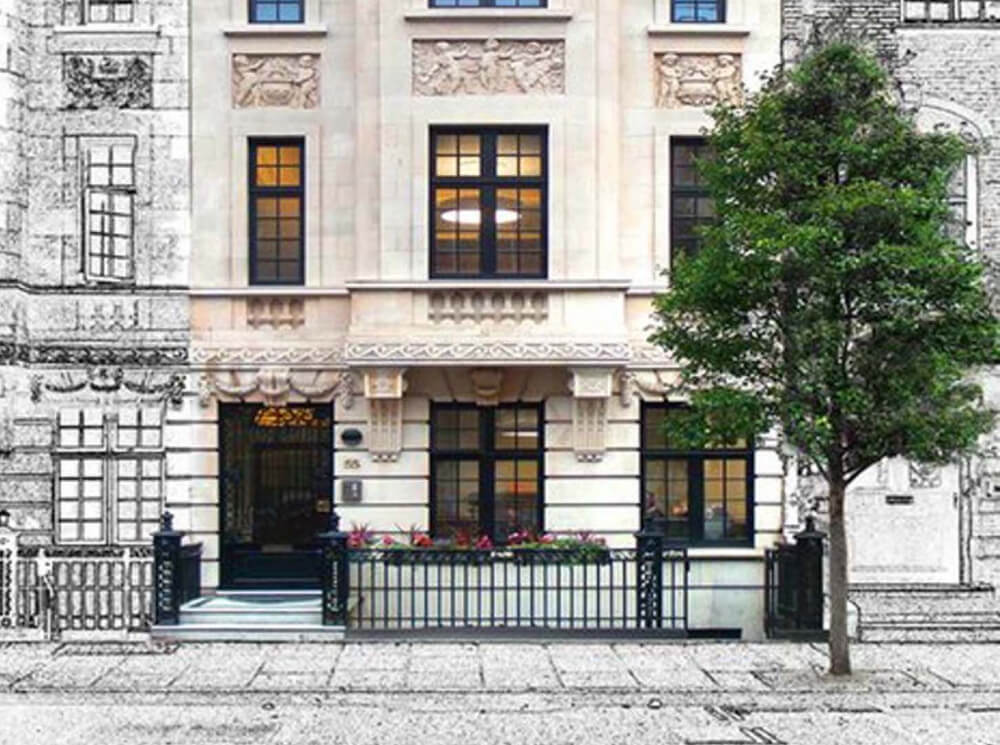
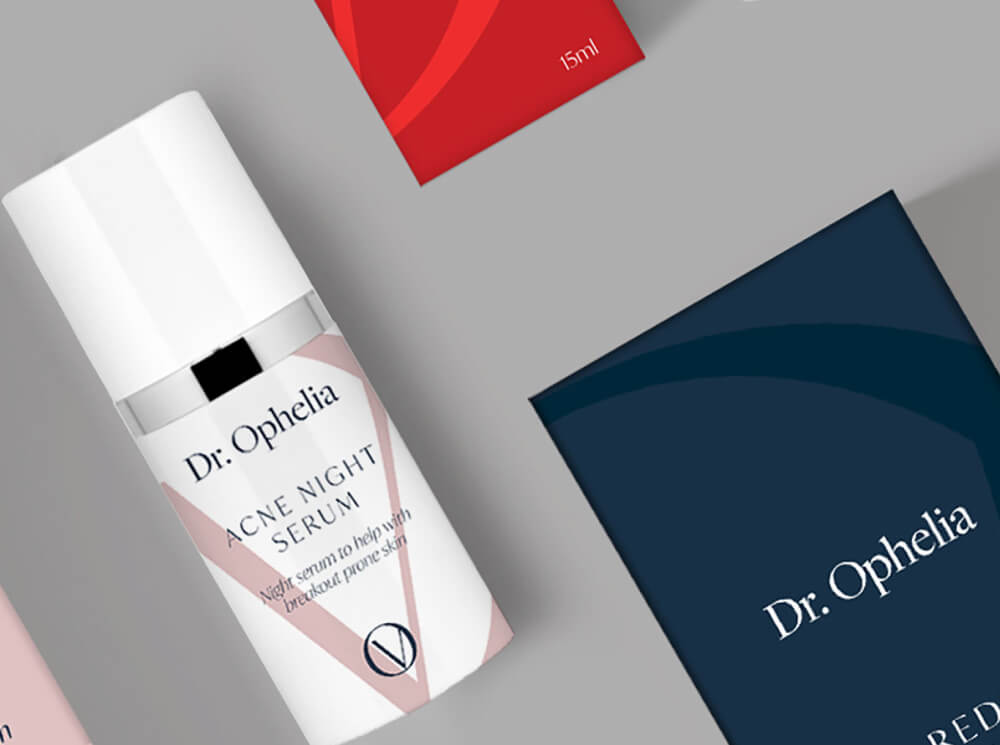
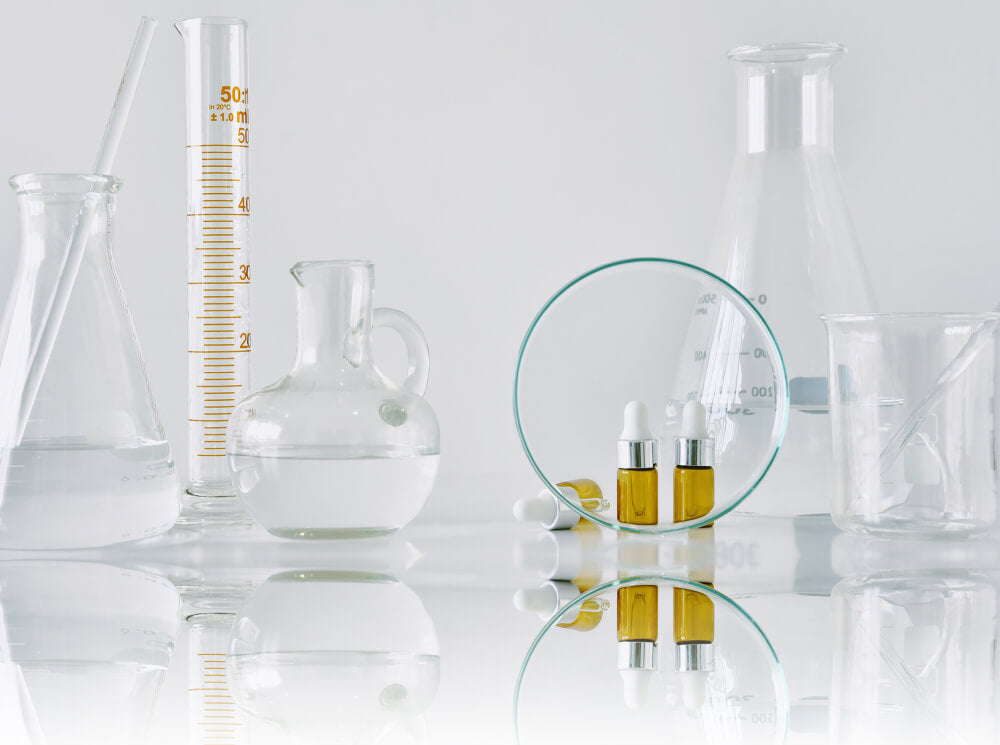

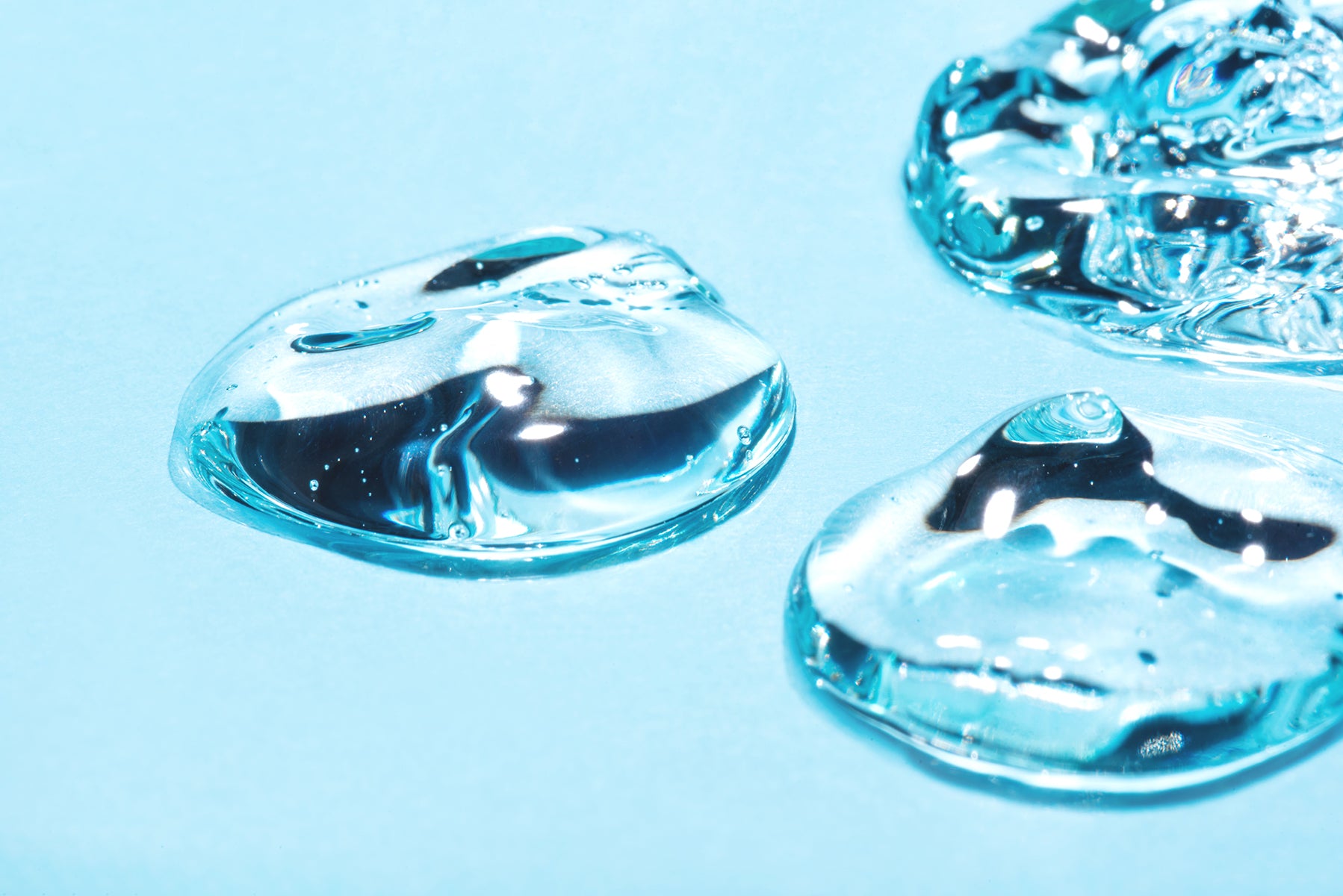
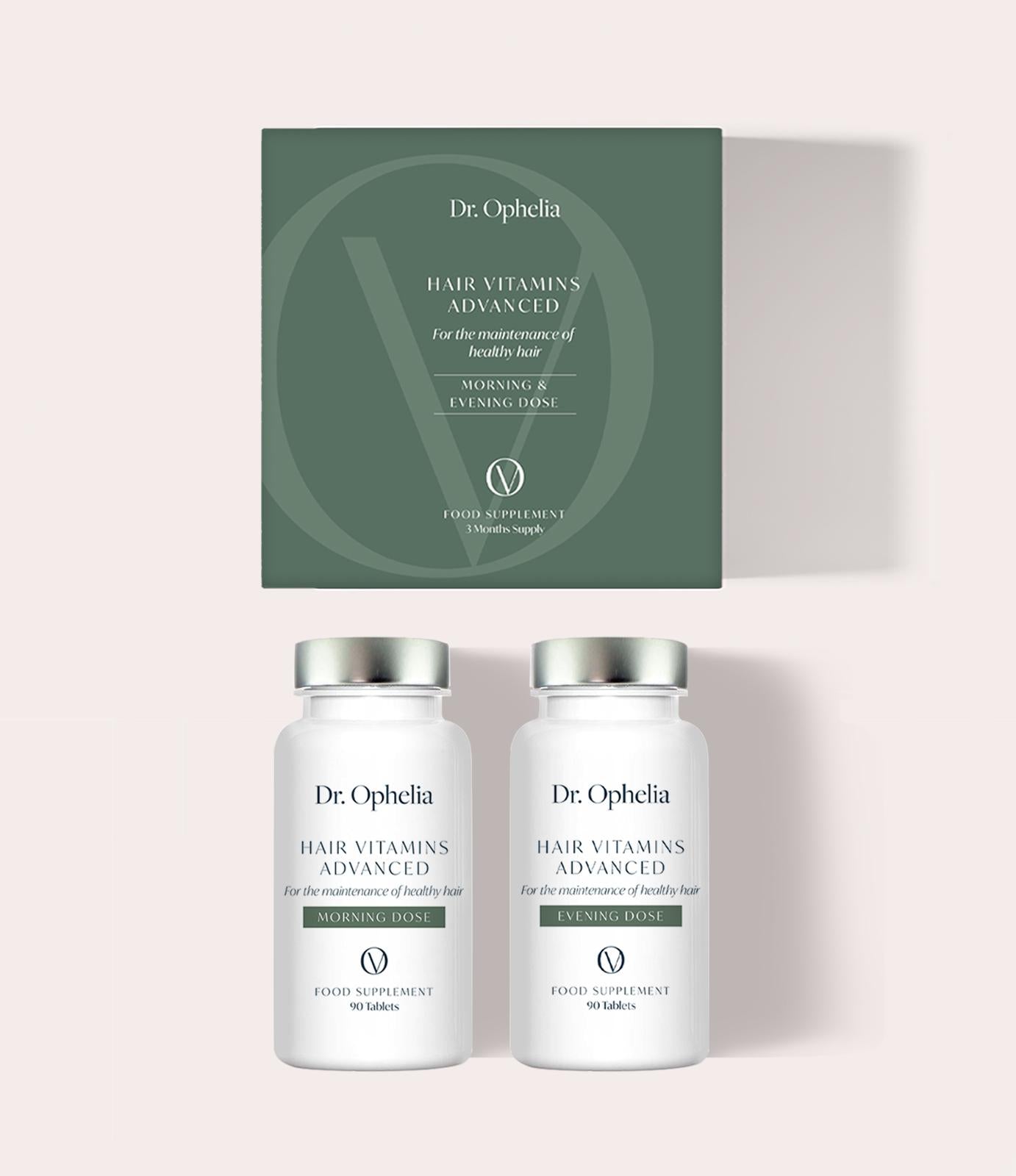
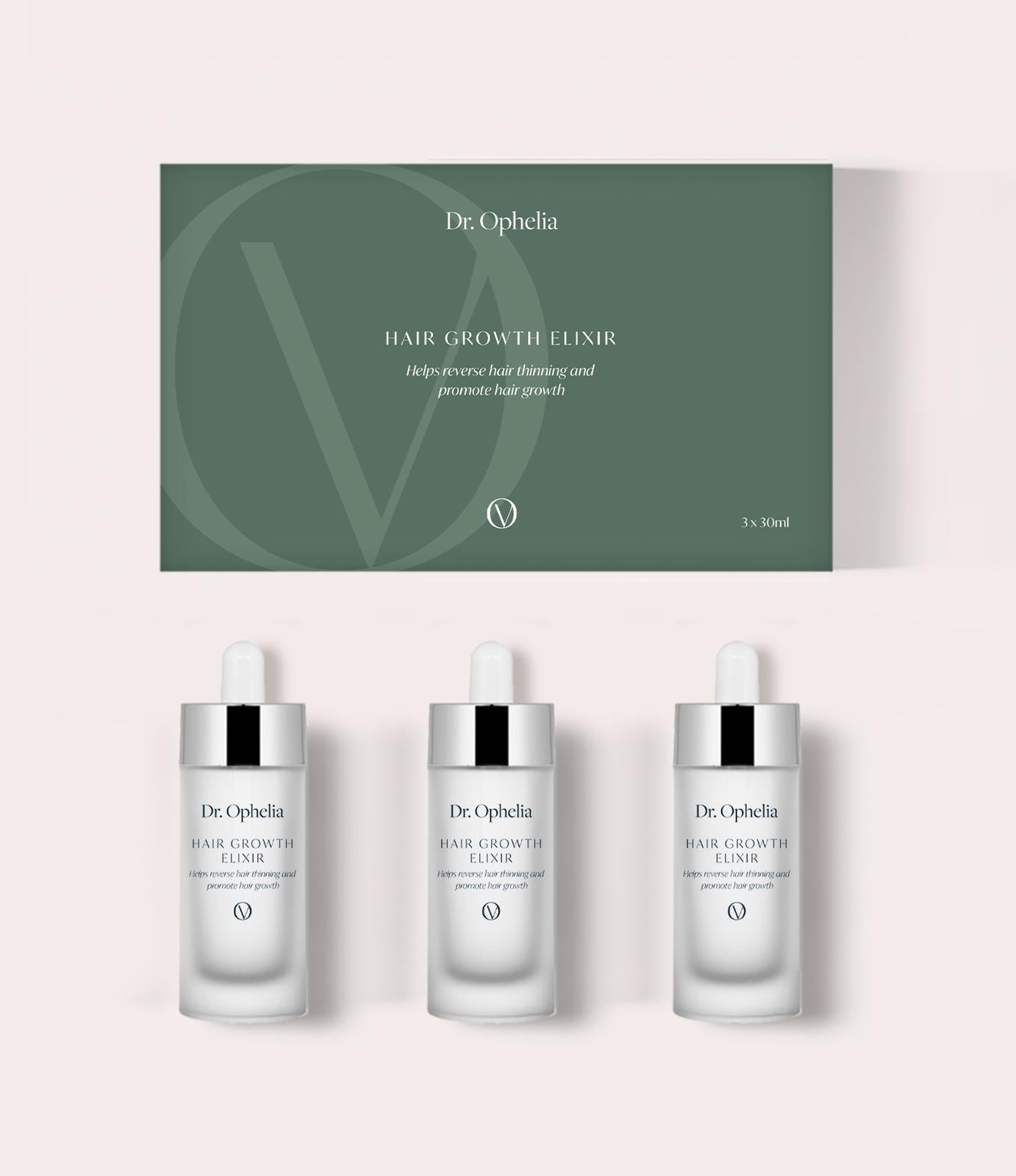
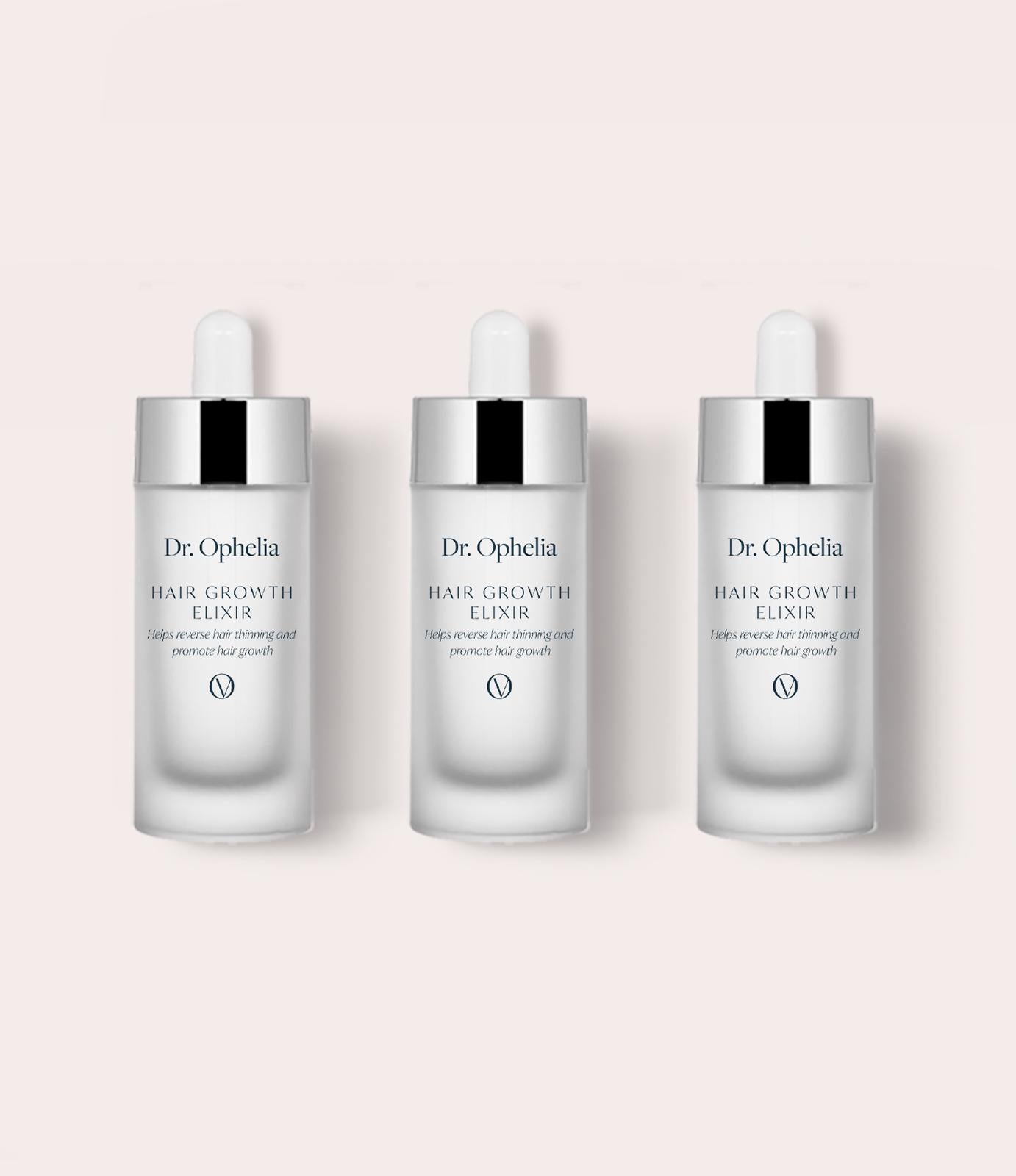
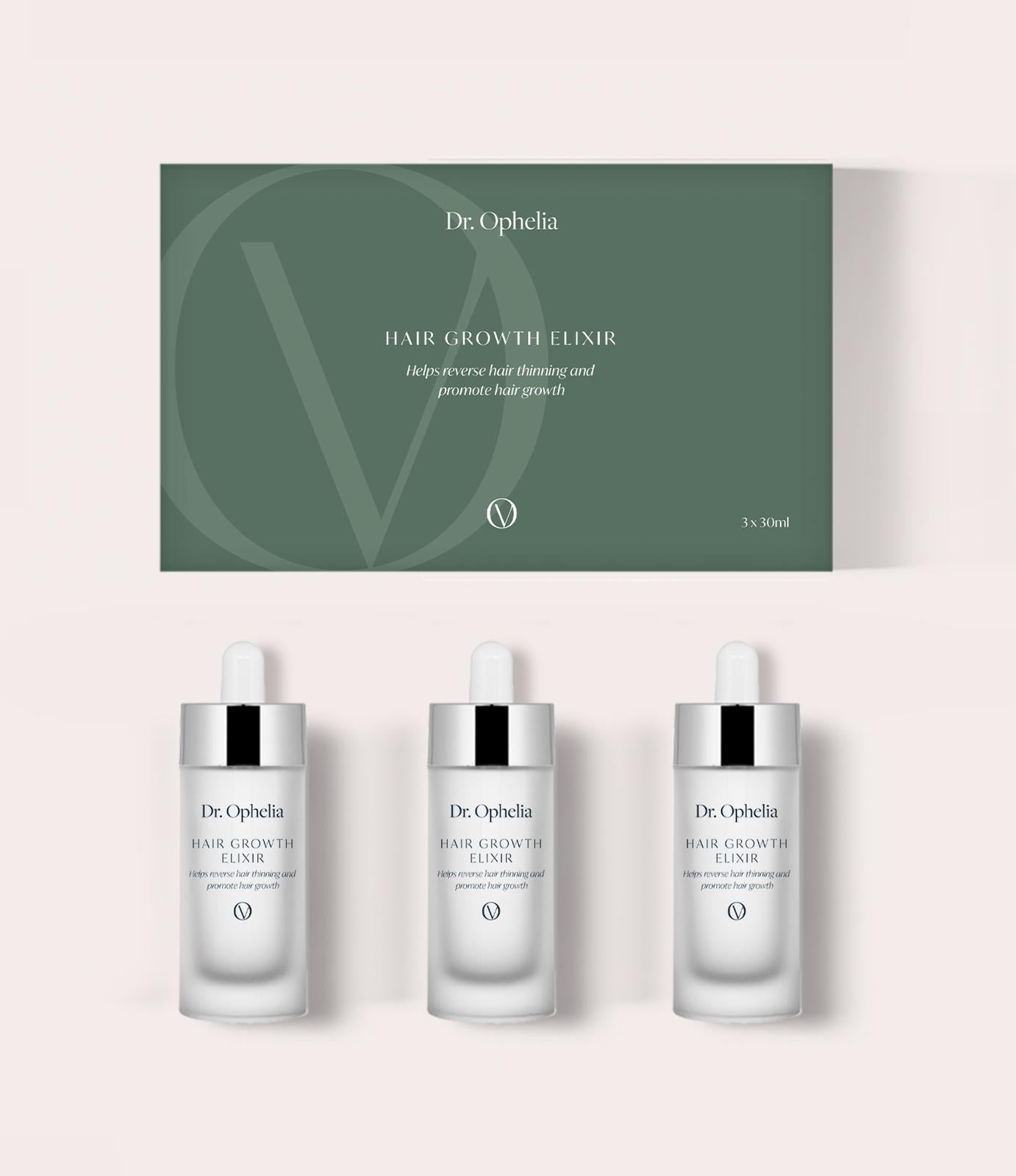
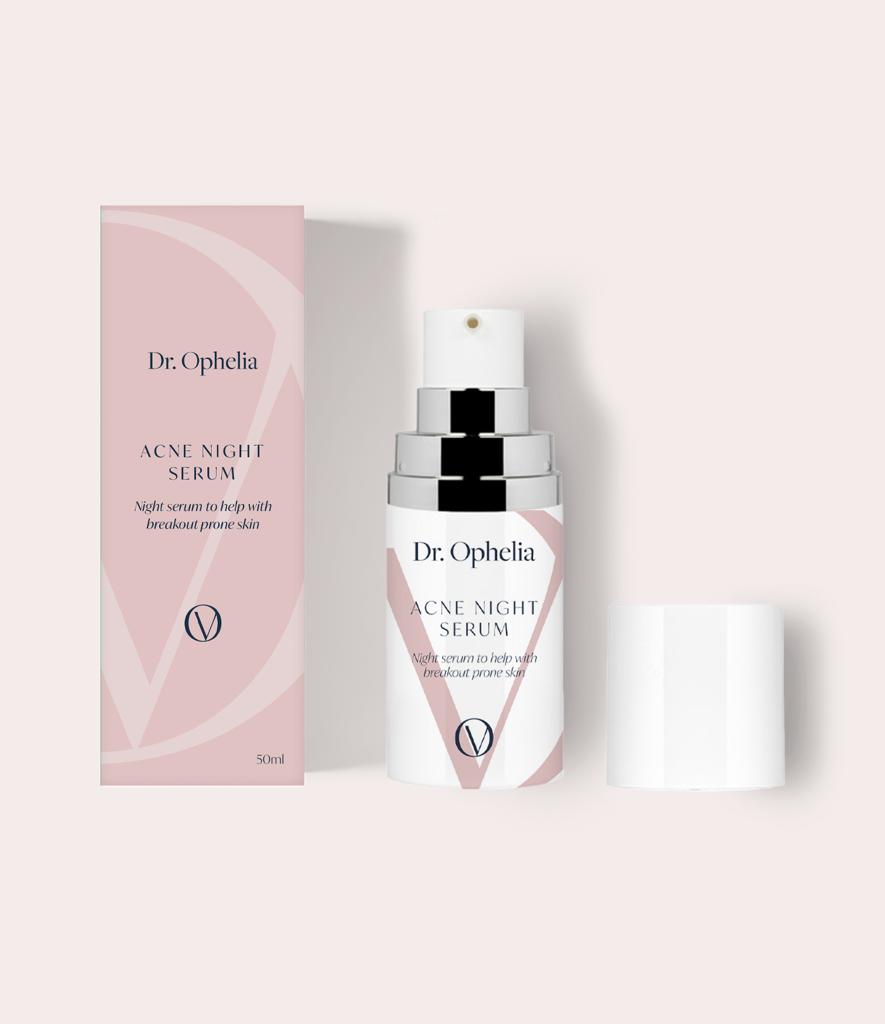
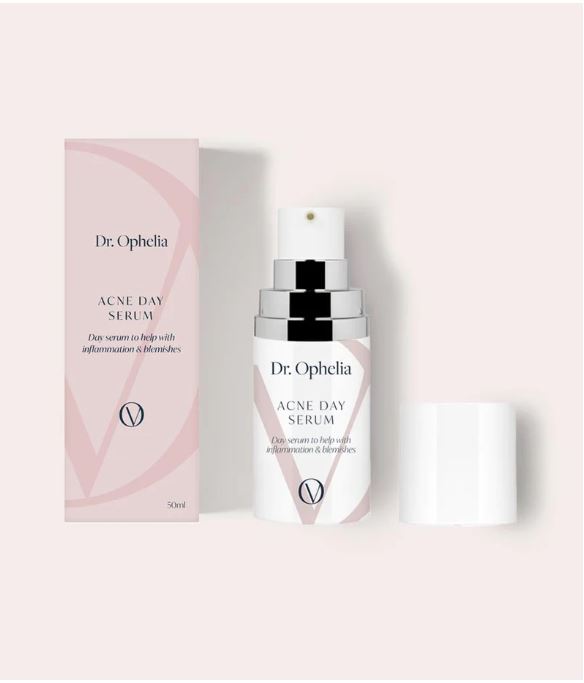
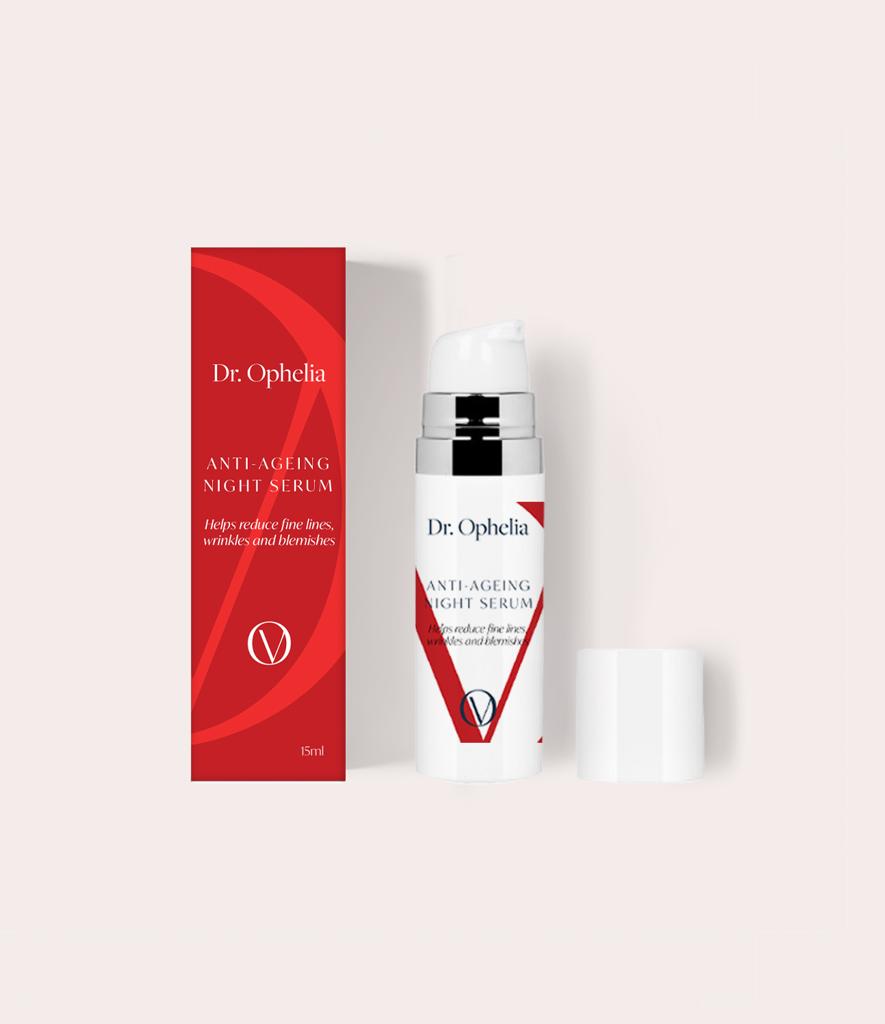
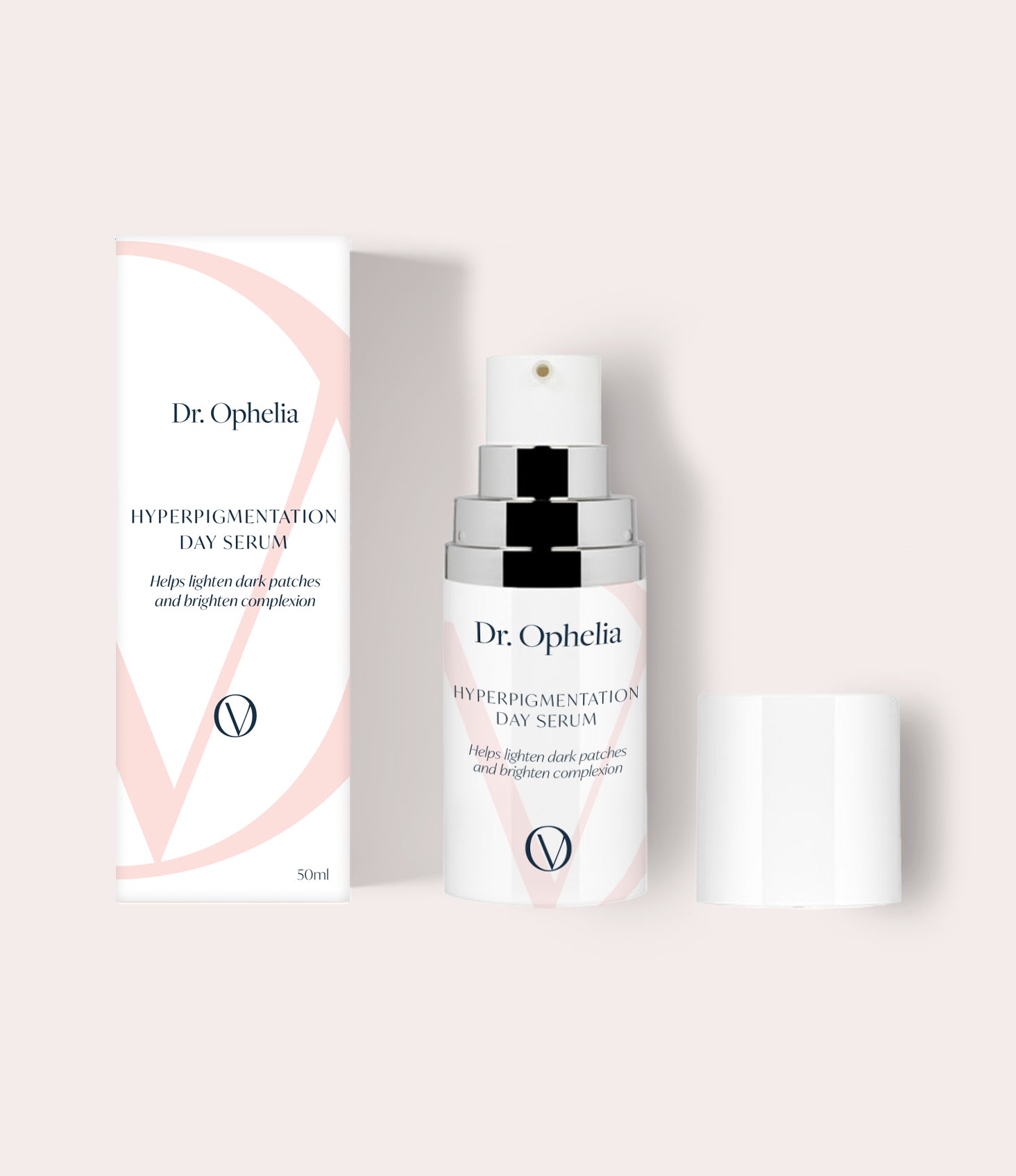
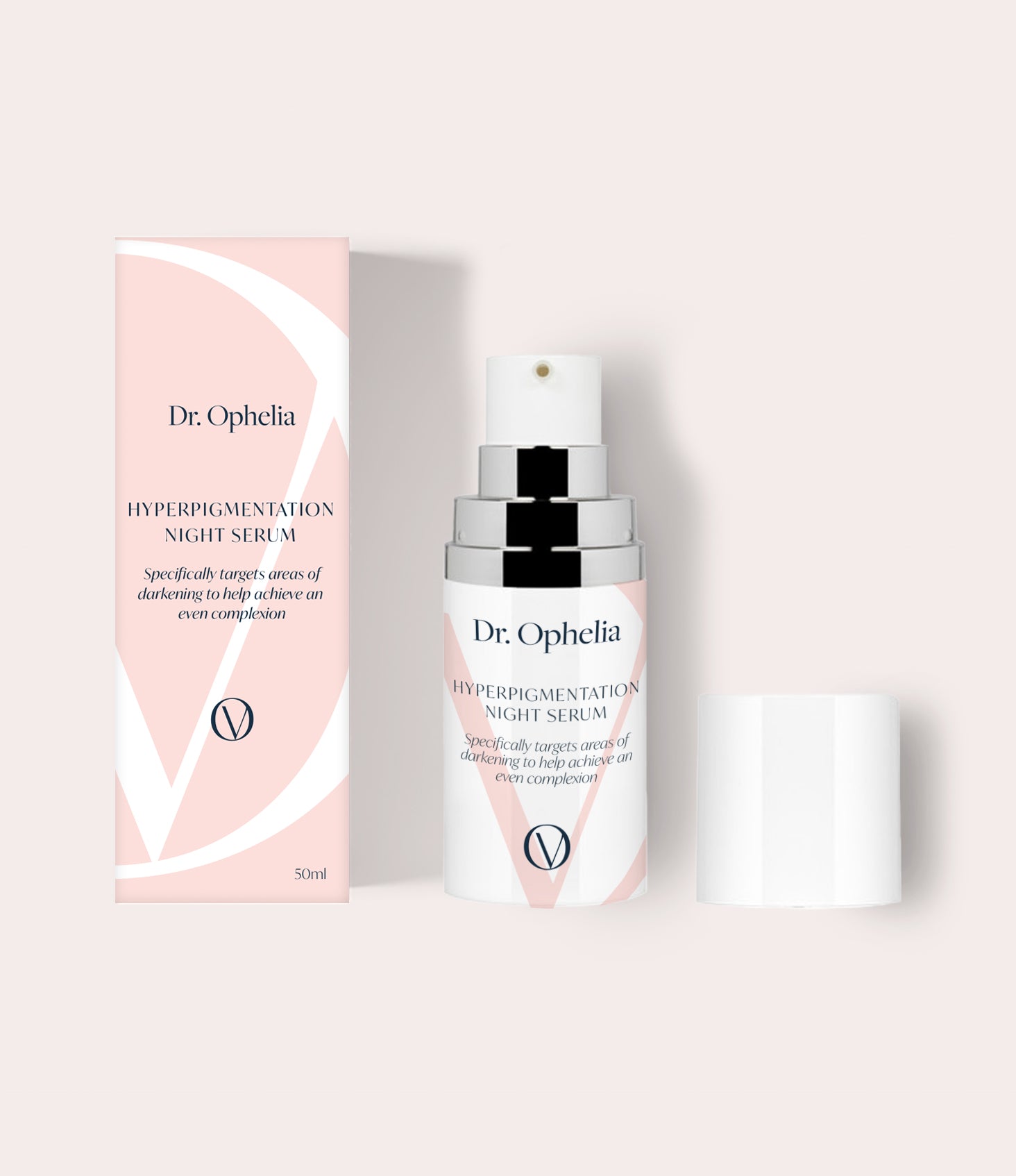
Leave a comment
This site is protected by hCaptcha and the hCaptcha Privacy Policy and Terms of Service apply.